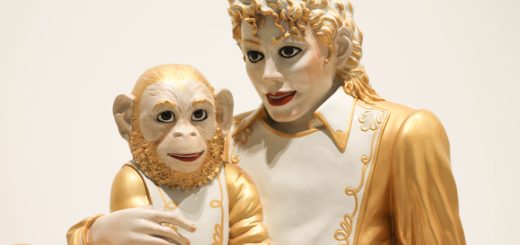Fundamental problems with evolution theory
There are several problems with Evolution Theory that may challenge its validity as a scientific theory. I’ll describe three fundamental ones, but there are many others. This critique is not meant to underestimate the genius of Charles Darwin or the importance of Richard Dawkins’ work, even though I believe Dawkins is wrong in many of his claims.
- Falsifiability
According to Thomas Kuhn in “The Structure of Scientific Revolutions,” a good scientific theory is one that can potentially be disproven. For example, Einstein’s special theory of relativity is considered a good theory because it can be disproven if an object is found to travel faster than the speed of light. Evolution Theory, however, lacks a clear way to disprove itself. If a life form is discovered that doesn’t fit the “tree of evolution,” the tree is simply adjusted to accommodate this finding. This adaptability prevents the theory from being falsifiable in the strictest sense.
- Predictive Power
A good scientific theory should be able to make predictions based on current knowledge and evidence. Einstein’s theory, for instance, can predict how the universe or a star will behave in the future. Evolution Theory, on the other hand, struggles to make precise forecasts. From all possible future scenarios, the theory only retroactively selects the ones that occurred as evidence. This is akin to shooting an arrow and then drawing the target around where it hit.
- Universality
Evolution Theory is not universal; it is primarily based on experimental findings on Earth and lacks fundamental theoretical principles that apply elsewhere. There is no assurance that the theory holds true on other planets. If we discover life on Mars that does not follow the principles of competition and survival of the fittest, Evolution Theory would appear inadequate. This could make Earth seem like an anomaly where natural selection applies, while other planets might exhibit life forms that thrive through collaboration rather than competition. Furthermore, on Earth itself, the theory is becoming less relevant as human intervention has turned it from a planet of “natural selection” to one of “human selection.”
Additional Thoughts
It is also worth noting that both Darwin and Dawkins received religious education, which might have influenced the framing of Evolution Theory as somewhat dogmatic. Science, however, does not compete with religion as Dawkins often portrays in his books. Even if Evolution Theory is accurate, it does not address the existence of a higher power. One could still ask: if Evolution Theory is true, then who or what created the universe and the rules by which it operates?



